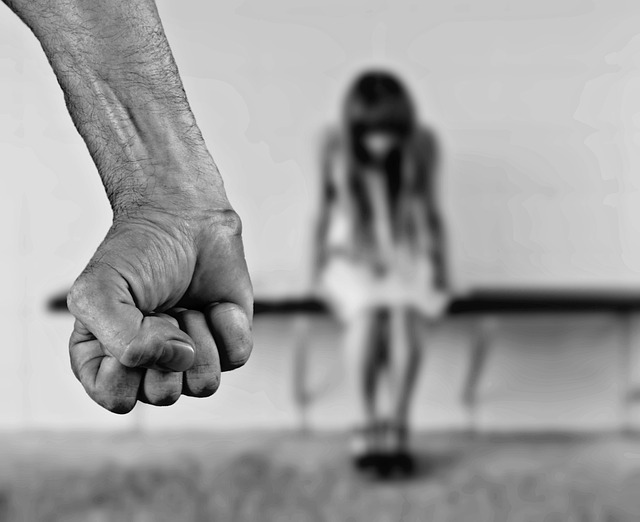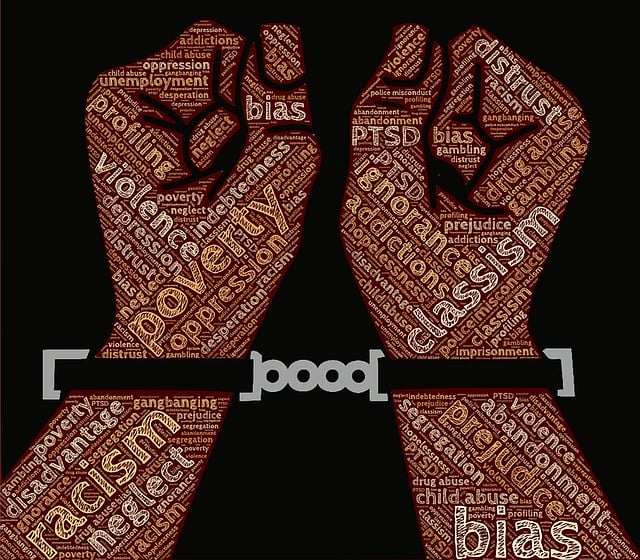Piney Ridge Center in West Virginia, formerly a mental health facility, has a dark history of abuse exposed through survivor testimonies and forgotten records. The hierarchical structure enabled physical, emotional, and sexual assault, extreme neglect, and dehumanization of vulnerable patients. Survivors are speaking out for justice and healing, seeking accountability from responsible parties while raising awareness to prevent future tragedies in similar institutions. Many still seek justice and healing through legal actions, therapy, support groups, and community outreach programs.
“Unveiling the hidden darkness that plagued the Piney Ridge Center, this article delves into a painful chapter of history marked by abuse and neglect. As survivors step forward to share their harrowing tales, the need for justice becomes increasingly apparent. This comprehensive piece explores the journey towards healing, highlighting efforts to hold accountable those responsible for the atrocities committed at Piney Ridge Center. By shedding light on this sensitive issue, we aim to foster understanding and ensure support for victims seeking redress for the Piney Ridge Center abuse.”
- Uncovering the Dark History of Piney Ridge Center
- Voices of Survivors: Sharing Their Stories
- Pursuing Justice and Healing for Victims
Uncovering the Dark History of Piney Ridge Center

The history of Piney Ridge Center, a former mental health facility in West Virginia, is shrouded in darkness and secrecy, with disturbing accounts of abuse emerging over the years. This institution, once touted as a haven for the mentally ill, has since been exposed as a site of egregious mistreatment, leaving a trail of trauma among its former residents. Uncovering this dark history involves delving into forgotten records, listening to the testimonies of survivors, and piecing together the grim narrative that unfolded behind closed doors.
The stories of Piney Ridge Center Abuse paint a chilling picture of physical, emotional, and sexual assault, along with extreme neglect and dehumanization. Many survivors recall harsh punishment, confinement in isolation cells for extended periods, and invasive medical procedures performed without consent. The center’s hierarchical structure enabled such atrocities to persist, as staff members often exploited their power dynamics over vulnerable patients. This hidden chapter in the region’s history demands recognition and action to ensure justice for all victims who endured these heinous acts.
Voices of Survivors: Sharing Their Stories

Survivors of abuse at Piney Ridge Center are finally finding their voices, sharing their stories of trauma and resilience. This collective act of testimony is a powerful step towards achieving justice and holding the responsible parties accountable. Many have bravely come forward to recount the physical, emotional, and psychological abuses they endured while under the care of the facility.
Their narratives highlight the systemic failures and neglect that allowed such mistreatment to occur, serving as a stark reminder of the urgent need for change. By sharing their experiences, survivors are not only seeking justice but also raising awareness to prevent similar tragedies from unfolding in other institutions. These stories demand attention and action, ensuring that the victims of Piney Ridge Center abuse receive the recognition, support, and justice they rightfully deserve.
Pursuing Justice and Healing for Victims

Many survivors of abuse at Piney Ridge Center are still seeking justice and healing. Pursuing justice involves holding the responsible parties accountable for their actions, which can offer a sense of closure and validation to victims. This process often includes legal action, where individuals or their representatives file lawsuits against the center and those who perpetuated the abuse.
Healing, on the other hand, is a deeply personal journey that requires support and understanding. Many survivors find solace in therapy, support groups, and community outreach programs tailored to help them process their experiences and rebuild their lives. These initiatives provide a safe space for sharing stories, fostering empathy, and encouraging resilience among those who have endured the trauma of Piney Ridge Center abuse.
The dark history of Piney Ridge Center’s abuse has left an indelible mark on its survivors, who have bravely shared their stories. By unearthing and addressing this past trauma, we can pursue justice and healing for all victims affected by the Piney Ridge Center abuse. It is a vital step towards ensuring that such atrocities are never repeated, fostering a culture of accountability and empathy in our society.
